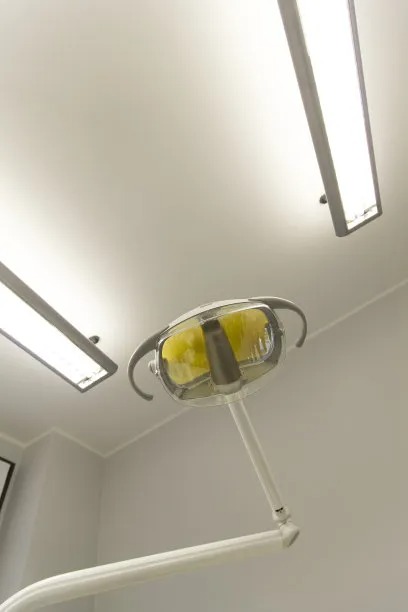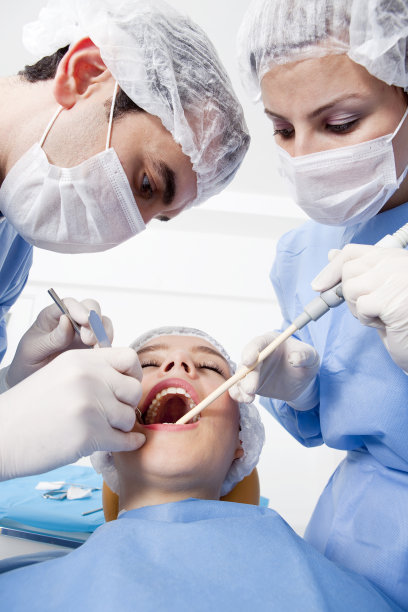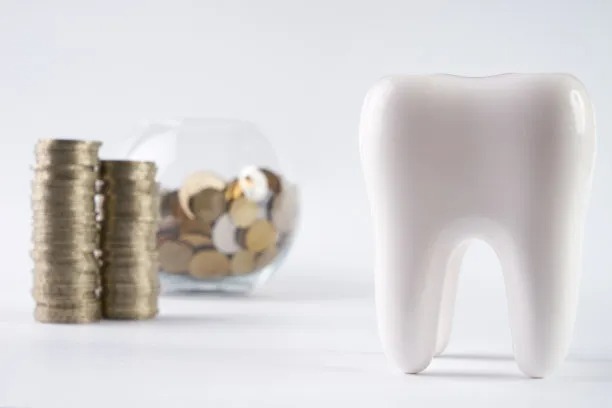Summary: Extracting a tooth is a significant dental procedure that often becomes necessary due to various oral health issues such as decay, infection, or overcrowding. Understanding the importance of this procedure, along with the necessary aftercare, is crucial for optimal oral health and recovery. This article explores the key reasons why tooth extraction may be required, the potential complications that can arise, the critical aftercare steps that patients should follow, and the long-term impact on oral health. By grasping these factors, individuals can ensure a smoother recovery process and maintain better oral hygiene.
1. Reasons for Tooth Extraction

Tooth extraction is often necessary for a variety of reasons, the most common being dental decay. When a tooth is severely decayed, it can lead to pain, infection, and even affect neighboring teeth. In such cases, removing the compromised tooth may be the best option for preserving overall oral health.
Another reason for tooth extraction is overcrowding. In some cases, people have more teeth than their jaw can accommodate, which can lead to misalignment and bite issues. Orthodontic treatment often requires the extraction of certain teeth to create space and facilitate proper alignment.
Lastly, wisdom teeth, which typically emerge in late adolescence or early adulthood, often necessitate extraction. These third molars can become impacted, causing pain and infection, leading dental professionals to recommend their removal to prevent further complications.
2. Potential Complications Following Extraction
While tooth extraction is generally safe, there are potential complications that patients should be aware of. One common issue is dry socket, which occurs when the blood clot that forms in the extraction site is dislodged or fails to develop. This can result in severe pain and delayed healing.
Infection is another potential risk. The extraction site can be susceptible to bacteria, which may lead to post-operative infections if proper care is not taken. Signs of infection include swelling, fever, and persistent pain.
Lastly, damage to surrounding teeth or nerves can occur during the extraction process. Although dental professionals strive to minimize such risks, complications can happen, making it imperative for patients to follow post-operative instructions closely.
3. Essential Aftercare Steps for Recovery
After a tooth extraction, following proper aftercare is essential for optimal recovery. Initially, patients should rest and avoid strenuous activities that could disrupt the healing process. Ice packs applied to the face can help reduce swelling and manage discomfort.
Maintaining oral hygiene is critical but should be done with care. Patients should avoid brushing directly on the extraction site for the first 24 hours, and instead focus on gently rinsing with saltwater to minimize bacteria and support healing.
Additionally, dietary choices play an important role in recovery. Soft foods that require minimal chewing, such as yogurt and mashed potatoes, are ideal during the initial recovery phase. Staying hydrated is equally important, but patients should avoid straws, as the suction can displace the blood clot.
4. Long-Term Impact on Oral Health
Tooth extraction can have lasting implications for oral health that go beyond the immediate aftermath of the procedure. For one, the extraction of a tooth can lead to shifts in the alignment of adjacent teeth. Over time, these shifts can create bite issues and increase the risk of further dental problems.
Moreover, missing teeth may impact jawbone health. When a tooth is extracted, the bone that previously supported that tooth can begin to deteriorate. This bone loss can affect facial structure and lead to further complications down the line.
Finally, it’s essential for patients to consider tooth replacement options post-extraction. Dentures, bridges, or dental implants can help restore functionality and aesthetics, ensuring long-term oral health and confidence in one’s smile.
Summary:
Understanding the importance of tooth extraction, along with proper aftercare, is vital to ensuring optimal oral health and minimizing potential complications. Patients should be aware of the reasons for extraction, possible risks, and the essential steps necessary for a smooth recovery. Long-term impact should also be considered, emphasizing the need for replacements to maintain oral integrity.
This article is compiled by Vickong Dental and the content is for reference only.
Vickong Dental
Vickong Dental is a large medical group established in Hong Kong in 2008 by professors from well-known medical universities in Guangdong and Hong Kong, as well as medical doctors from key national '985' universities (including Master's supervisors and senior professors). The chain of branches brings together expert dentists with PhDs and Master's degrees from Hong Kong and Mainland China, committed to providing high-quality dental treatment.
"Vickong Dental Practices the University Motto of 'Healing and Serving Society,' with a Stable Operation for Sixteen Years. It Has Been honored with Hong Kong Enterprise Leaders's Choice,' and is a Global Trusted Implant Center for the Nobel Implant System. Recommended by Hong Kong Metro Broadcast and Guangdong Television, it Serves Customers from Over Thirty Countries and Regions, Gaining the Trust and Favor of Citizens from the Guangdong-Hong Kong-Macau Greater Bay Area and Surrounding Cities.

Thousands of customers' unanimous praise
The most recognized and highly recommended dental service by customers in the Guangdong-Hong Kong-Macau Greater Bay Area
We Ensure You Receive Detailed Care and Attention Here
Hong Kong standards, Shenzhen prices, Your Trusted English-speaking dentists

Vickong Dental Medical-Grade Instrument Disinfection Process
Vickong Dental Medical-Grade Instrument Disinfection Process

Vickong Dental Chain: A Warm and Comfortable Environment for Treatment






Appointment Hours

Q&A
Why choose Vickong Dental?
Vickong Dental practices the university motto 「Medicine to Benefit Society」, with each branch bringing together highly qualified dentists with doctoral and master’s degrees from Hong Kong and the Mainland, and has maintained seventeen years of steady operation。Recipient of 「2024 Hong Kong Enterprise Leaders Brand」, 「2025 Hong Kong Enterprise Leaders Brand」, a Nobel Biocare Global Trusted Implant Center, and a brand recommended by Metro Radio Hong Kong and Guangdong TV。
To date, we have served customers from more than thirty countries and regions,earning exceptionally high word-of-mouth recognition and trusted recommendations from residents across the Guangdong-Hong Kong-Macao Greater Bay Area and surrounding cities
We have eight major branches in Zhuhai、Shenzhen,and a consultation and service assurance center in Hong Kong,so you can book a free consultation at any time for any questions,which is very reassuring.
If I do not accept the quotation after the CT scan, will I be charged??
No! As long as the actual treatment has not started, you will not be charged any fees.
Will there be any additional charges during the treatment process?
No, there won’t be any additional charges. Before treatment begins, we will clearly explain the treatment plan and its corresponding fees. Only after the patient agrees and signs the consent form will we proceed with the dental service.
Can I pay in Hong Kong dollars?
Yes. Vickong Dental accepts payment in Hong Kong dollars. The amount will be converted based on the exchange rate of the day, and the applicable rate will be clearly communicated to you in advance.
Can I reschedule my appointment at any time?
Yes. Please contact us via **WeChat** or **WhatsApp** as early as possible, providing your original appointment time and details, along with your preferred new date and time slot for rescheduling.













